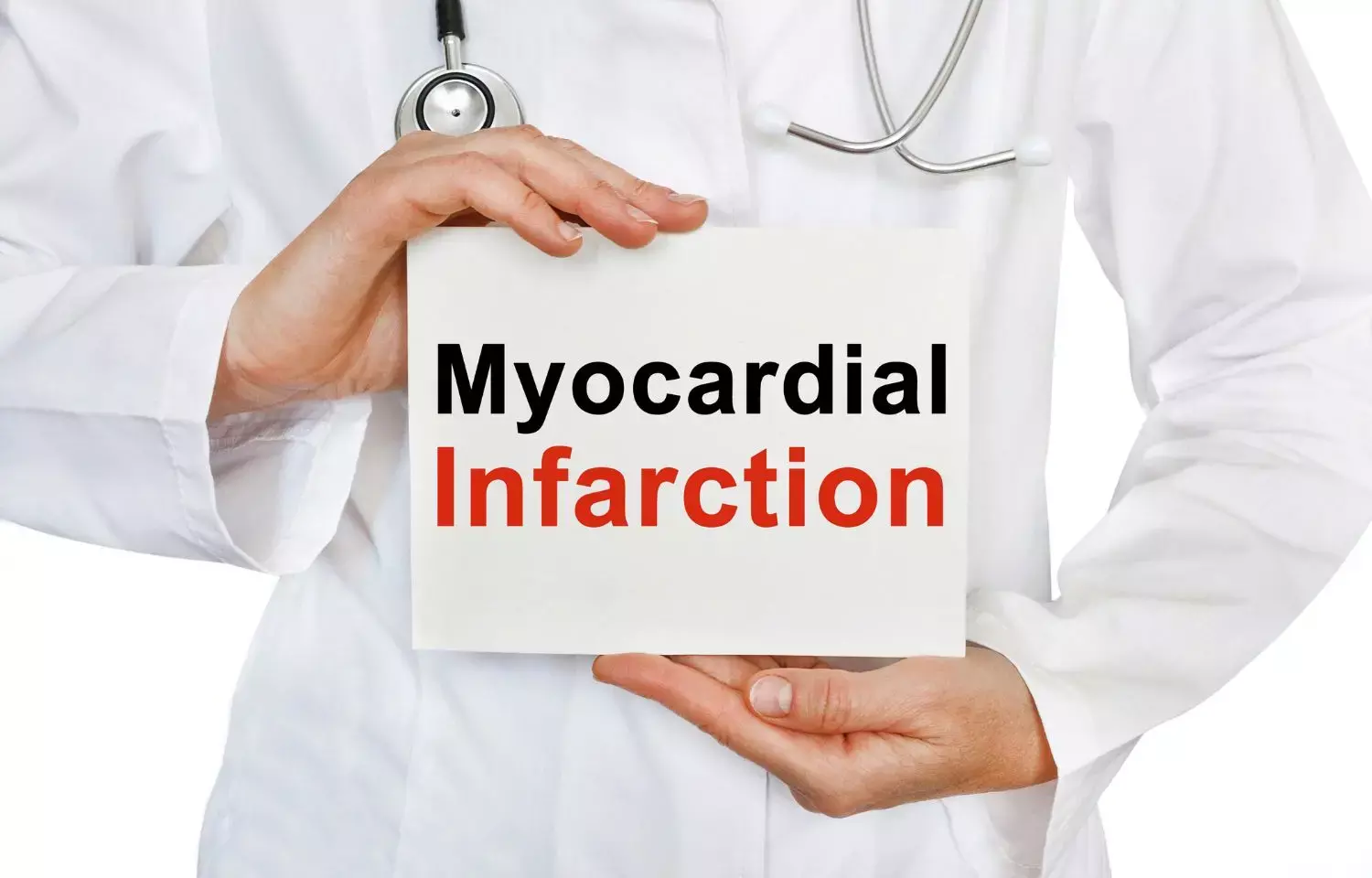- Home
- Medical news & Guidelines
- Anesthesiology
- Cardiology and CTVS
- Critical Care
- Dentistry
- Dermatology
- Diabetes and Endocrinology
- ENT
- Gastroenterology
- Medicine
- Nephrology
- Neurology
- Obstretics-Gynaecology
- Oncology
- Ophthalmology
- Orthopaedics
- Pediatrics-Neonatology
- Psychiatry
- Pulmonology
- Radiology
- Surgery
- Urology
- Laboratory Medicine
- Diet
- Nursing
- Paramedical
- Physiotherapy
- Health news
- Fact Check
- Bone Health Fact Check
- Brain Health Fact Check
- Cancer Related Fact Check
- Child Care Fact Check
- Dental and oral health fact check
- Diabetes and metabolic health fact check
- Diet and Nutrition Fact Check
- Eye and ENT Care Fact Check
- Fitness fact check
- Gut health fact check
- Heart health fact check
- Kidney health fact check
- Medical education fact check
- Men's health fact check
- Respiratory fact check
- Skin and hair care fact check
- Vaccine and Immunization fact check
- Women's health fact check
- AYUSH
- State News
- Andaman and Nicobar Islands
- Andhra Pradesh
- Arunachal Pradesh
- Assam
- Bihar
- Chandigarh
- Chattisgarh
- Dadra and Nagar Haveli
- Daman and Diu
- Delhi
- Goa
- Gujarat
- Haryana
- Himachal Pradesh
- Jammu & Kashmir
- Jharkhand
- Karnataka
- Kerala
- Ladakh
- Lakshadweep
- Madhya Pradesh
- Maharashtra
- Manipur
- Meghalaya
- Mizoram
- Nagaland
- Odisha
- Puducherry
- Punjab
- Rajasthan
- Sikkim
- Tamil Nadu
- Telangana
- Tripura
- Uttar Pradesh
- Uttrakhand
- West Bengal
- Medical Education
- Industry
First-time TIA patients and ischemic stroke patients face similar long-term MI rate, reveals study

A new study found that first-time transient ischemic attack (TIA) individuals had 5-year myocardial infarction rates as same as the ischemic stroke patients and the general population. The findings were published in the recent issue of Stroke journal.
In individuals who have experienced a transient ischemic attack or an ischemic stroke, recurrent cerebral and cardiovascular events can have serious repercussions and are often identified as the primary cause of mortality and persistent disability. The long-term risk of MI after TIA is largely unclear, despite the increasing focus on the cardiovascular consequence of acute myocardial infarction.
Estimates of the yearly risk of MI after TIA and stroke varied significantly in previous publications, ranging from 1.0% to 6.5%. Over the past 20 years, the long-term risk of all-cause death has varied between 10% and 42%. This research compared the long-term risk of MI and all-cause mortality in patients who have experienced a first-time TIA to the general population and patients who have experienced a first-time ischemic stroke.
First-time TIA patients were found in the Danish Stroke Registry (2013-2020) and matched 1:1 with patients who had their first ischemic stroke and 1:1 with the general population based on age, sex, and calendar year. The Aalen-Johansen and Kaplan-Meier estimators were used to calculate the 5-year risks of MI and all-cause death. Cox regression was used to compare the groups while accounting for cardiovascular comorbidities.
The study found 21,743 ischemic stroke patients, 86,972 matched members of the general community, and 21,743 matched control patients. 52% of the population were male, and the median age was 70 (25th to 75th percentile, 60-78). The comorbidity load was highest in ischemic stroke patients, moderate in TIA patients, and lowest in general population controls.
The 5-year risk of MI was 2.2% in the population with ischemic stroke, 1.5% in the general population, and 2.0% in patients with TIA. The patients with TIA had a 17.0% 5-year risk of death, whereas the general population had a 14.0% risk and the patients who had an ischemic stroke had a 27.0% risk. Overall, individuals who had first-time TIA had a low 5-year incidence of MI, which was no different from the general population or patients with first-time ischemic stroke.
Reference:
Safi, H., Kristensen, S. L., Sørensen, R., Kruuse, C., Johnsen, S. P., Gislason, G., Torp-Pedersen, C., Køber, L., Fosbøl, E. L., & Vinding, N. E. (2024). Long-Term Risk of Acute Myocardial Infarction in Patients With a Transient Ischemic Attack: A Danish Nationwide Cohort Study. In Stroke. Ovid Technologies (Wolters Kluwer Health). https://doi.org/10.1161/strokeaha.123.045605
Neuroscience Masters graduate
Jacinthlyn Sylvia, a Neuroscience Master's graduate from Chennai has worked extensively in deciphering the neurobiology of cognition and motor control in aging. She also has spread-out exposure to Neurosurgery from her Bachelor’s. She is currently involved in active Neuro-Oncology research. She is an upcoming neuroscientist with a fiery passion for writing. Her news cover at Medical Dialogues feature recent discoveries and updates from the healthcare and biomedical research fields. She can be reached at editorial@medicaldialogues.in
Dr Kamal Kant Kohli-MBBS, DTCD- a chest specialist with more than 30 years of practice and a flair for writing clinical articles, Dr Kamal Kant Kohli joined Medical Dialogues as a Chief Editor of Medical News. Besides writing articles, as an editor, he proofreads and verifies all the medical content published on Medical Dialogues including those coming from journals, studies,medical conferences,guidelines etc. Email: drkohli@medicaldialogues.in. Contact no. 011-43720751


